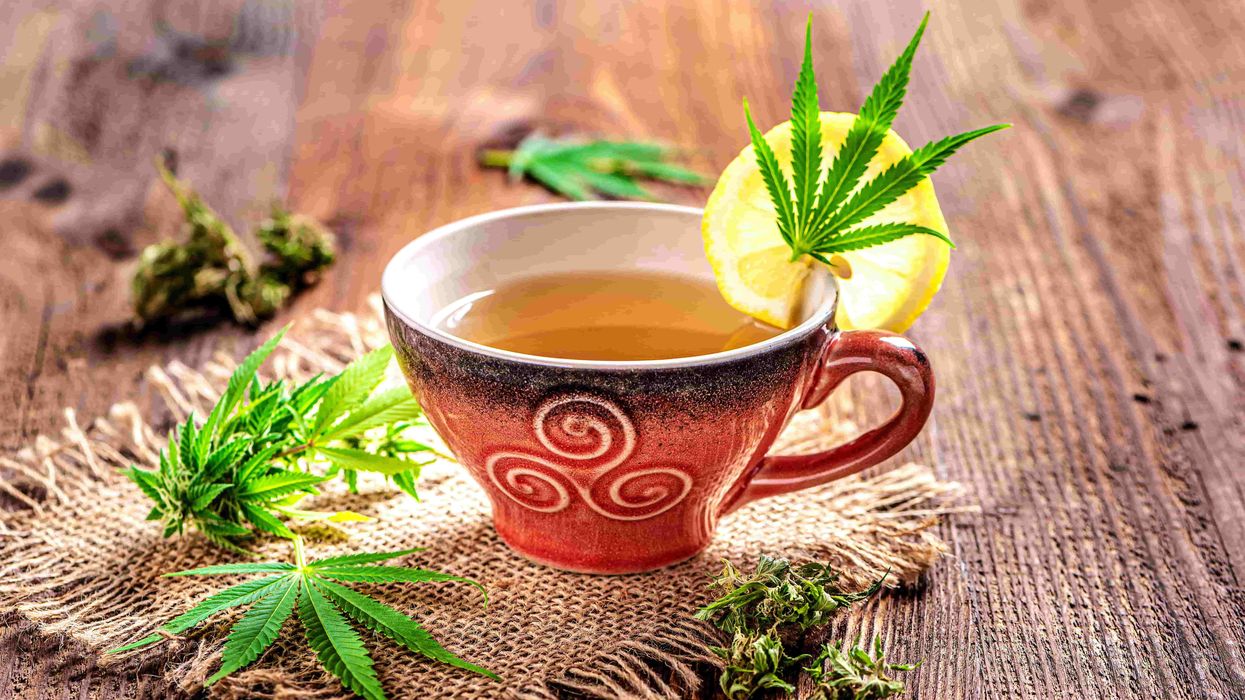What’s with the drastic uptick in young children unintentionally consuming cannabis?
In early January, the news headlines were abuzz with alarming headlines about cannabis and children aged 6 and under.
Reports claimed that the number of young kids unintentionally consuming the cannabis products of their caretakers has risen drastically in Colorado and across the nation.
Much of the excitement came from a new study published in the journal of Pediatrics, which noted a 1375% increase in children 6 and younger unintentionally consuming cannabis over the past five years across the U.S.
In 2017, there were 207 reported cases. In 2021 there were 3054 cases. The math checks out. That is quite a jump.
Is it really time to panic? Or is this just more anti-cannabis shenanigans fueled by Big Pharma? Also, what’s the best solution moving forward?
Why Cannabis is Not the Problem
Before we go any further, it’s important to note that young children consuming cannabis products is a big deal. If a child in your care has consumed any cannabis, please call poison control immediately.
Now, is there really cause for national concern about all this?
For example, amidst the flurry of headlines around the whole “toddler cannabis ingestion skyrockets” story, Axios published an article that claimed:
“From 2017 to 2021, the highest share of reported marijuana exposures in Colorado — nearly half — were among kids 5 and under, Rocky Mountain Poison & Drug Safety data shows.”
When some people read this, they may think, “What the hell is wrong with these parents. I would never leave my weed out like that.”
Another common reaction may fall along the lines of: “I knew it. Cannabis legalization was a terrible idea. This is horrible!”
Sticking with Colorado, here’s a breakdown of the top 5 types of substances for poison control cases in children 5 and under in 2020:
- Cosmetics/Personal Care Products – 12.2%
- Cleaning Substances (Household) – 11.2%
- Analgesics – 9.9%
- Foreign Bodies/Toys/Miscellaneous – 6.5%
- Dietary Supplements/Herbals/Homeopathic – 6.3%
Where are all the headlines warning people about the first three? Why the hyper focus on cannabis?
Is it not cause for concern that within a single year, 1,987 children in Colorado under 5 were the center of poison control calls for things like lipstick, perfume, shampoo, or toothpaste?
What about the 1,820 Colorado kids under 5 that drank cleaning chemicals? That’s way more dangerous than cannabis ingestion and happening way more frequently.
Embracing Best Practices
Children will consume things they shouldn’t. It’s inevitable when you consider the poison control numbers, and cannabis is nowhere near the top of the list.
Yet, with increased popularity comes increased incidents of potential exposure.
The responsibility is on parents as well as cannabis brands, to a degree.
“I think child-resistant packaging is critical and keeping it up and away from reach – be a responsible parent, you know?” says Becky, a cannabis packaging professional. “Also, I don't like brands that mimic specific candy in the market...to me, that is more dangerous.”
June, another cannabis industry professional also puts part of the onus on brand packaging. “After five years in a dispensary, the competition for your brand to be seen is fierce. Lazy marketing/branding suggests adding more color and making it look fun. Well, all that can be done without enticing children.”
No matter what your cannabis packaging looks like, there are specific steps you can take to prevent kids from consuming your stash:
- Keep products in a child-resistant container
- Store products out of site and out of reach
- Consider locking your cannabis products away
- Put products away immediately after consuming
- Avoiding consuming in front of children
Key Takeaways
Let’s face it, it’s easy for parents or caretakers to get distracted, and many of them are often downright negligent around children.
In the case of cannabis exposure, the numbers show us that society should be much more concerned about pediatric exposure to cosmetics, personal care products, cleaning substances, and analgesics – all of which potentially propose a greater risk.
And yes, we want to avoid exposing kids to cannabis products, too. Is it a bad idea to make cannabis products and packages look like candy? One-hundred percent, yes. Are parents idiots for leaving their edibles where children can access? Yes, they are.
Above all, the fact that there are much more pressing issues with household poison control while the media would prefer to scare people about weed, is a great example of history repeating itself.
And those who forget their history are doomed to repeat it.
Need a little more Bluntness in your life? Subscribe for our newsletter to stay in the loop.
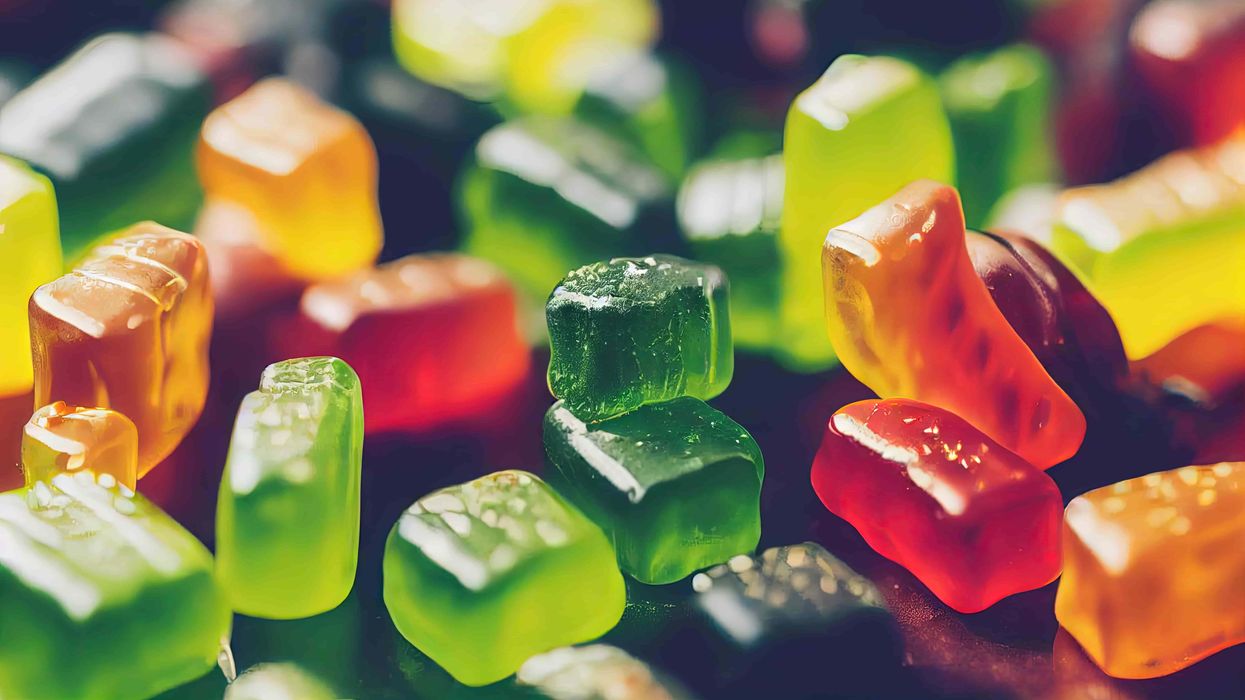






 What will you do with that cannabis kief collection? - Make Coffee! The Bluntness
What will you do with that cannabis kief collection? - Make Coffee! The Bluntness DIY: How to Make Kief Coffee - The Bluntness
Photo by
DIY: How to Make Kief Coffee - The Bluntness
Photo by 





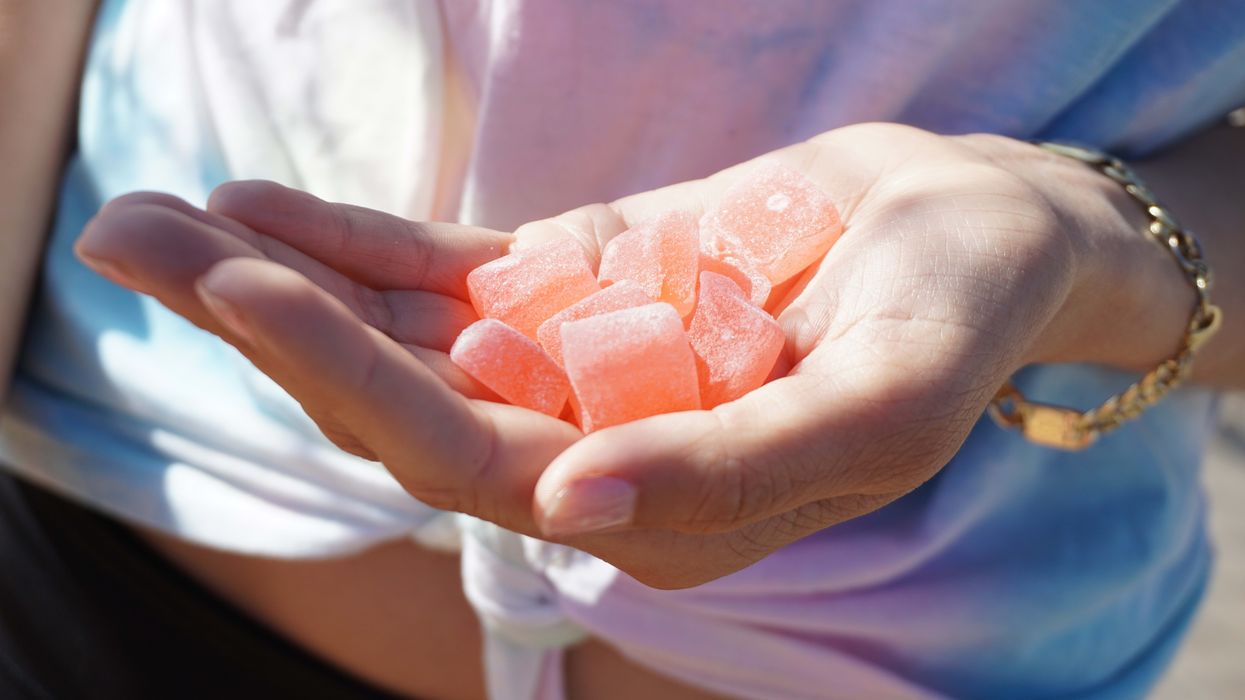
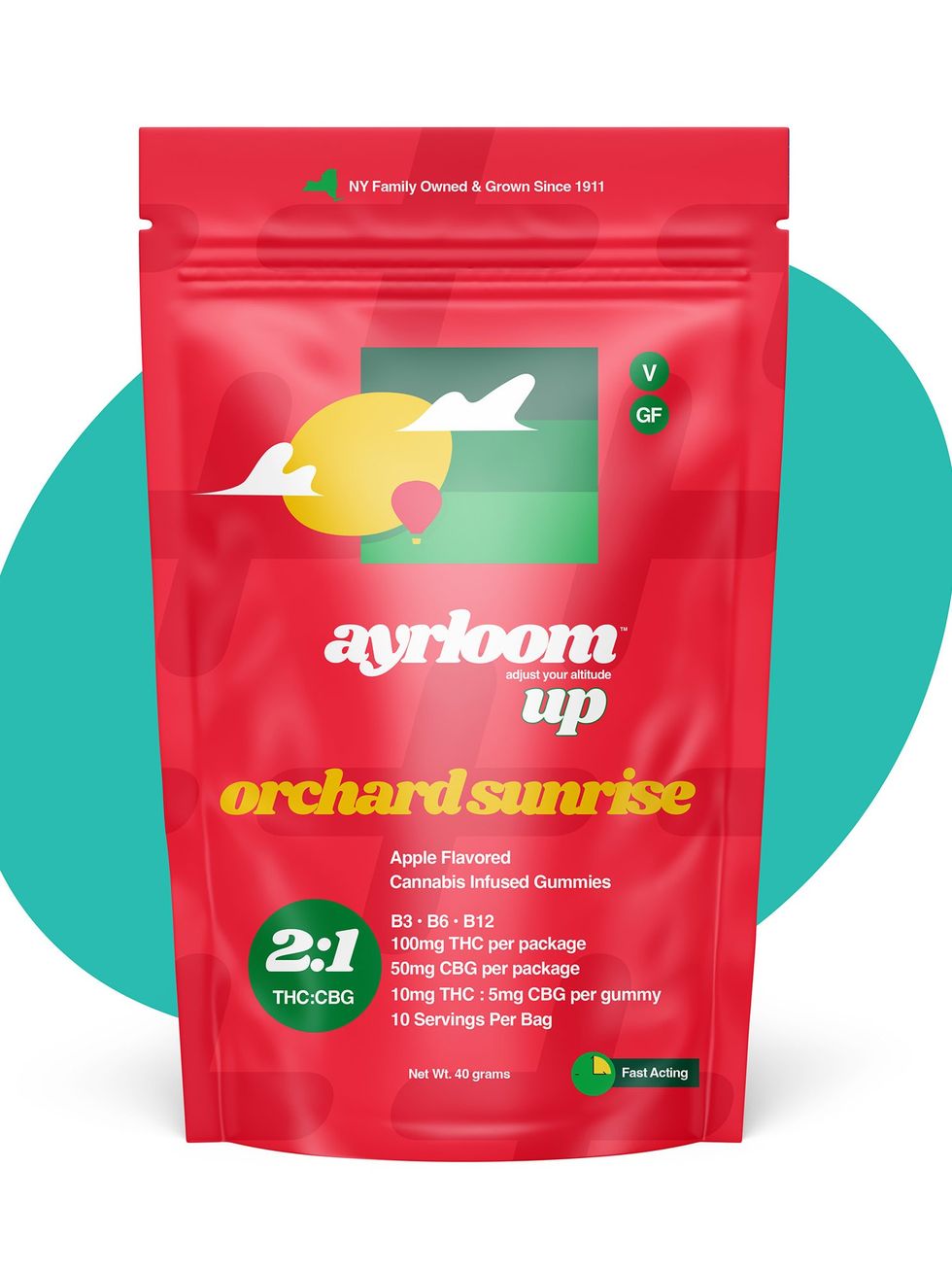 Ayrloom Orchard Sunrise Cannabis Infused Gummies
Ayrloom Orchard Sunrise Cannabis Infused Gummies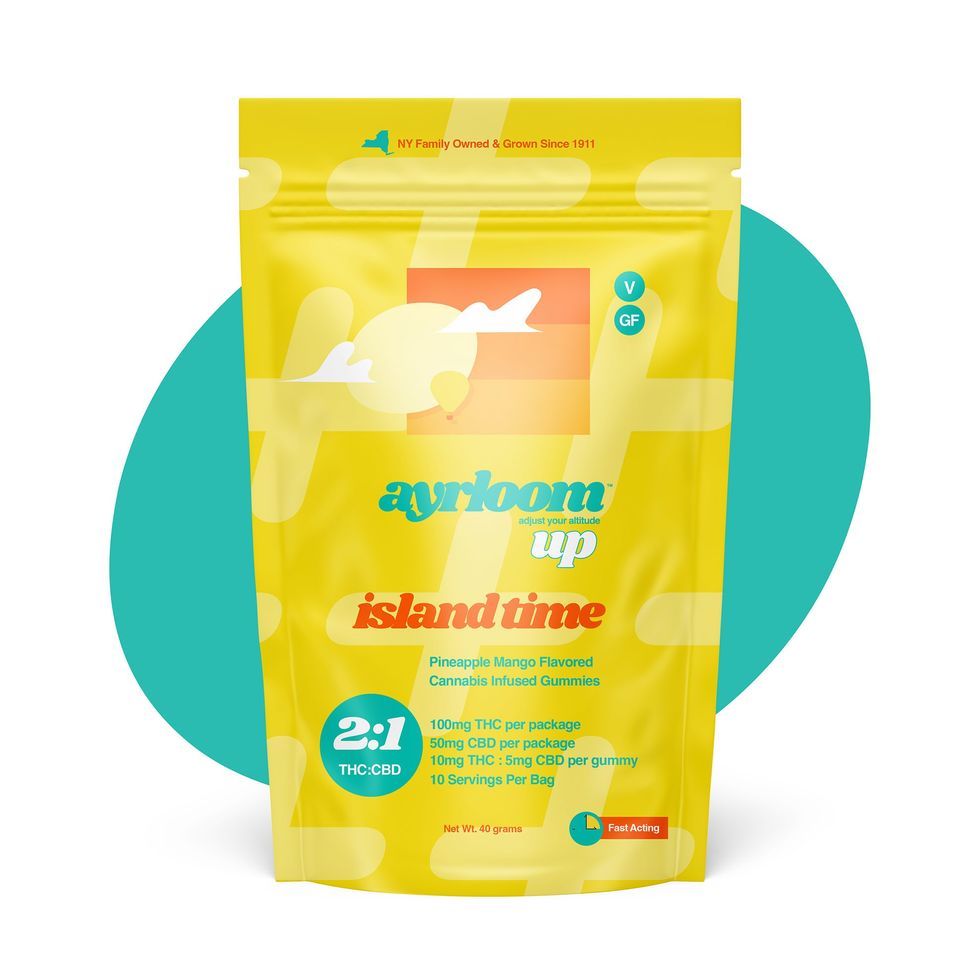 Ayrloom Island Time THC Gummies - Pineapple Mango Flavor
Ayrloom Island Time THC Gummies - Pineapple Mango Flavor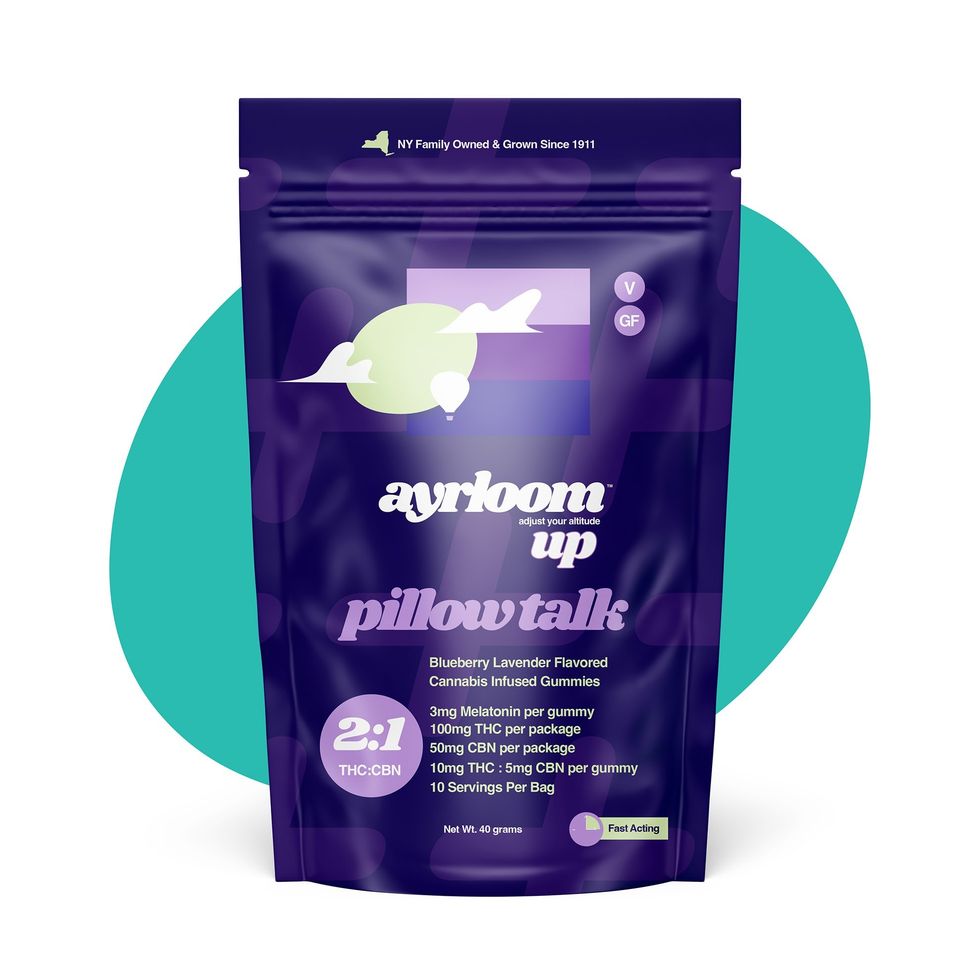 Ayrloom Pillow Talk - Sleep Gummies
Ayrloom Pillow Talk - Sleep Gummies 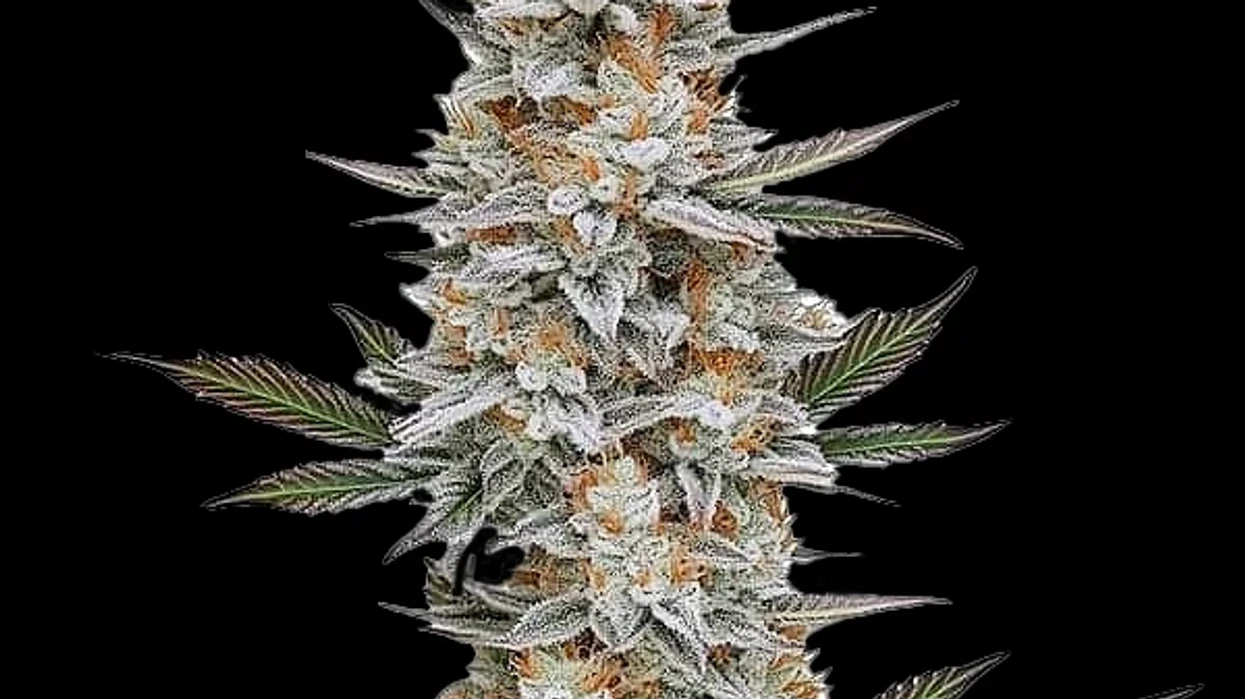
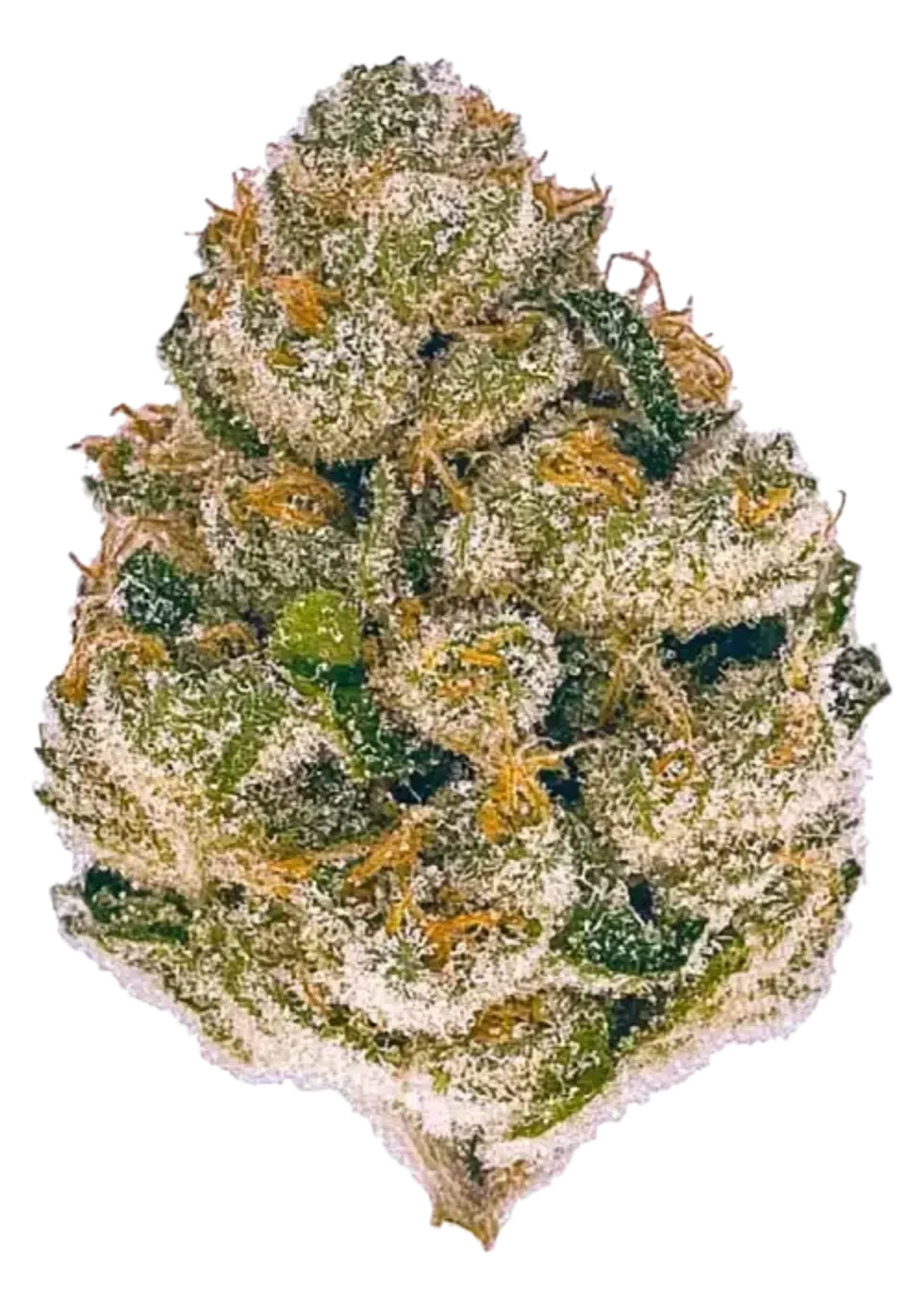 Chem Dog Strain - The Diesel Legend That Spawned a Generation - The Bluntness
Chem Dog Strain - The Diesel Legend That Spawned a Generation - The Bluntness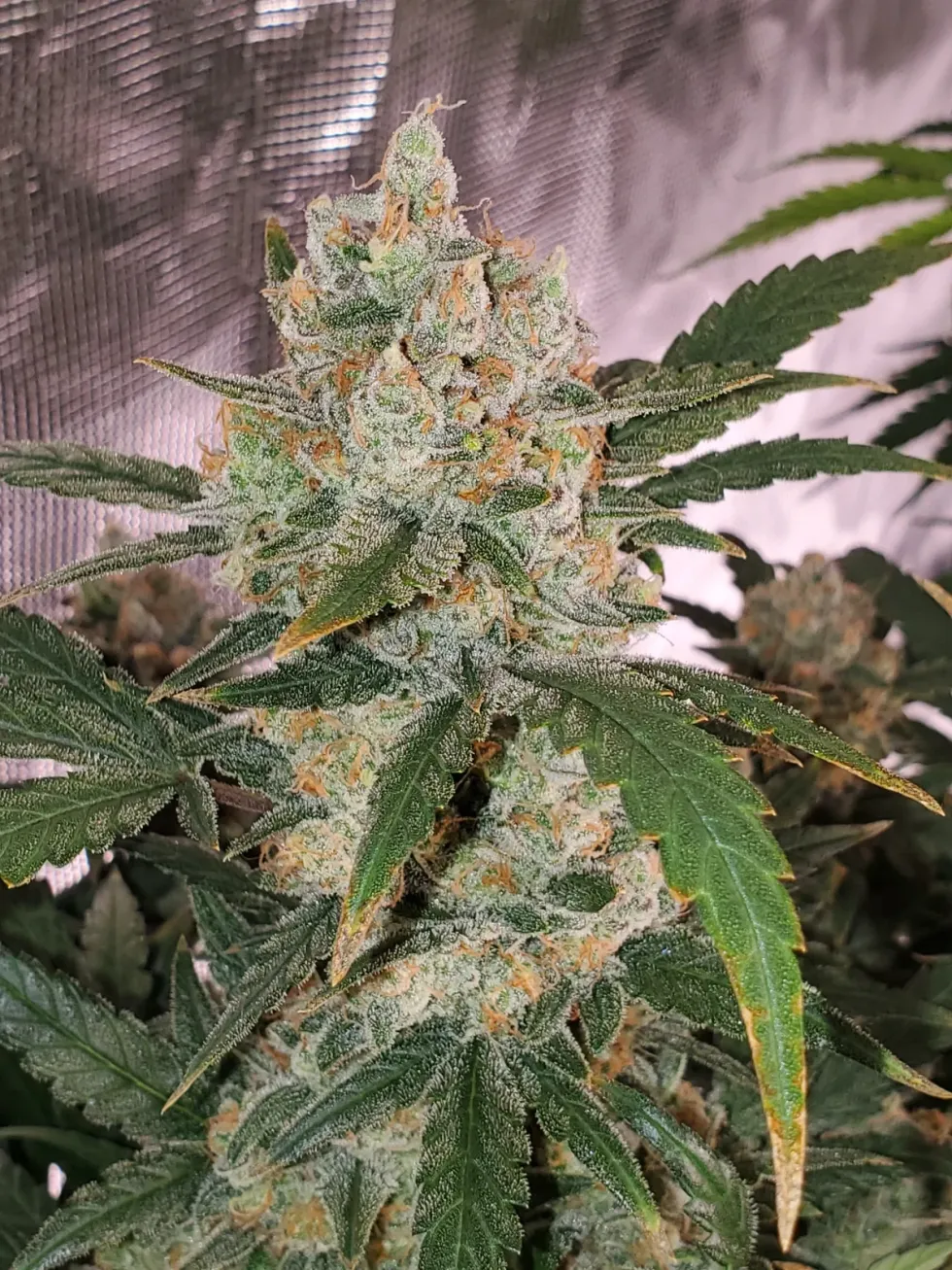 Chem Dog Strain - The Diesel Legend That Spawned a Generation - The Bluntness
Chem Dog Strain - The Diesel Legend That Spawned a Generation - The Bluntness
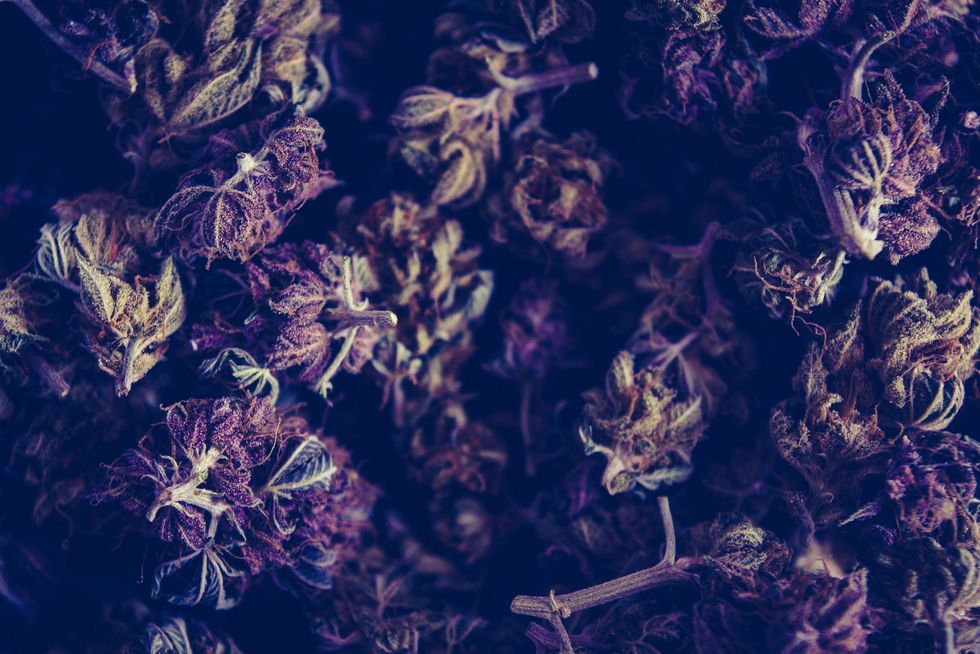 What is reggie weed? - The Bluntness
Photo by
What is reggie weed? - The Bluntness
Photo by 